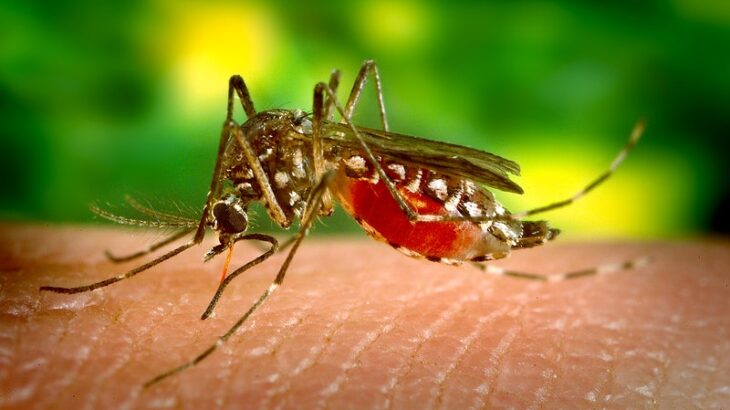In the past, the Kenyan sun was a source of life and warmth but it is now associated with Kenyan Fever. villages in the green Rift Valley and Kenyan coasts are worst hit. The land is increasingly shared by farmers who work in fields that are hard-baked under the scorching sun of an ever-increasing number of mosquitoes carrying Malaria whose breeding sites become more productive with occasional heavy rains and warmer nights.
In malaria epicenters like Kakamega County, the number of cases in recent years has been twice as serious and even overwhelmed healthcare systems almost at their limits. Children are most vulnerable to the disease, and people of all ages fall seriously ill on an unprecedented scale. The common symptoms – chill, fever, and debilitating weakness painted a bleak picture of how climate could develop into the disease.
The link is undeniable. In warmer temperatures, mosquitoes reproduce quickly and spread more widely so that they can grow. An increase in rainfall is very much required in the agricultural segment causing stagnant water that is an ideal nursery for mosquitoes. Communities are searching for remedies to this lethal mixture.
Communities are fighting back with bed nets and insecticide spraying, which is again only patchwork in their attempt to fight a tsunami of environmental change. As experts say, unless the main raw of it – climate change is eliminated controlling vector-borne diseases would be like a neverending battle.
Kenya is a depressing microcosm of an international disease. The imprints of climate change become much clearer on the map of human health – from dengue fever in Southeast Asia to Zika in the Americas. The Kenyan Fever is a sort of alarm clock – waking us up to the fact that not only does an insect-infested world portent heat waves and droughts but also hidden within this unsuspecting army are scores of disease carries.
The question is no longer whether can we actually do something about climate change but rather are now able not to act. Not millions, hanging by a thread on health include in Kenya and elsewhere.
For more trending news visit our page: https://todaytrendingnewz.com/category/today-tranding-news/.




